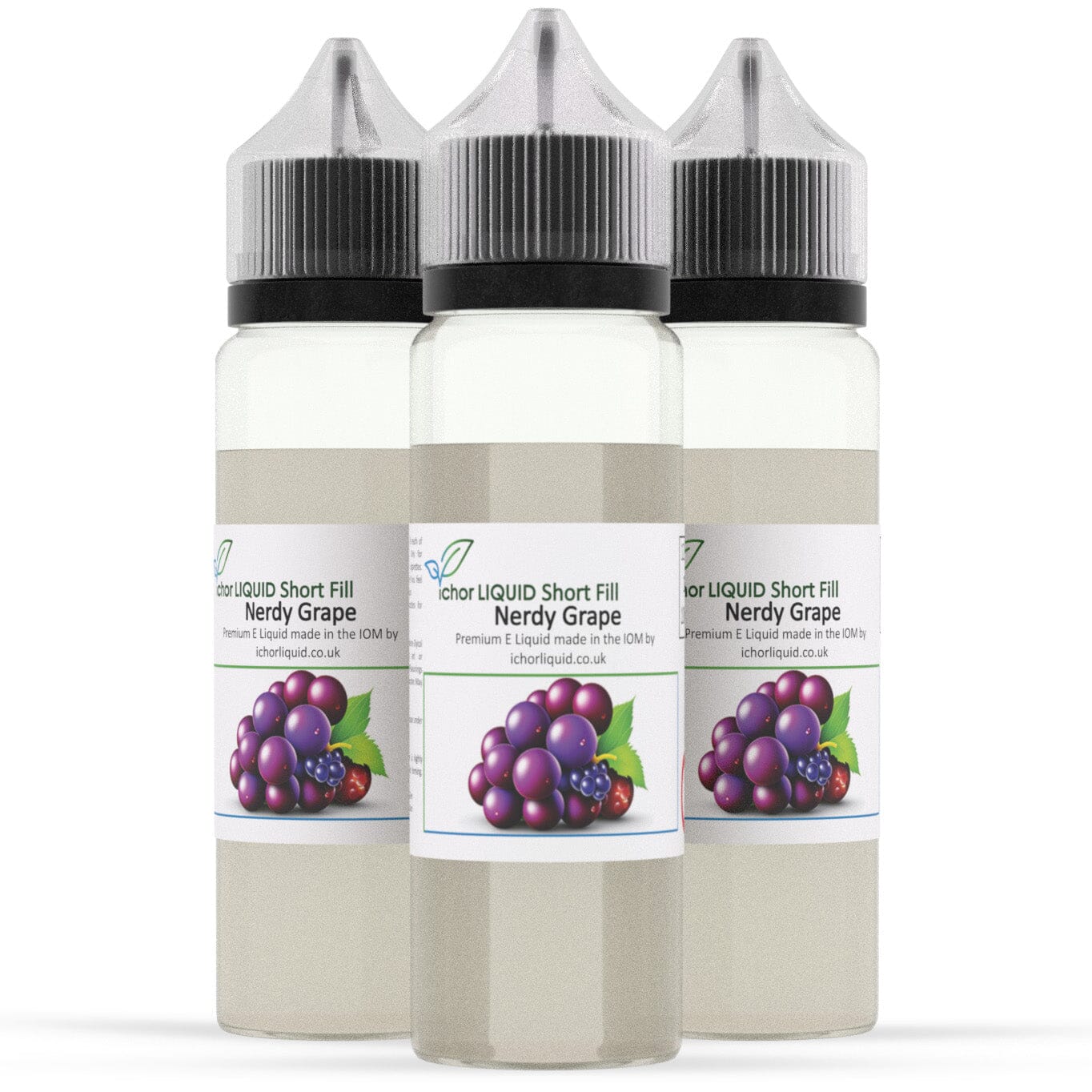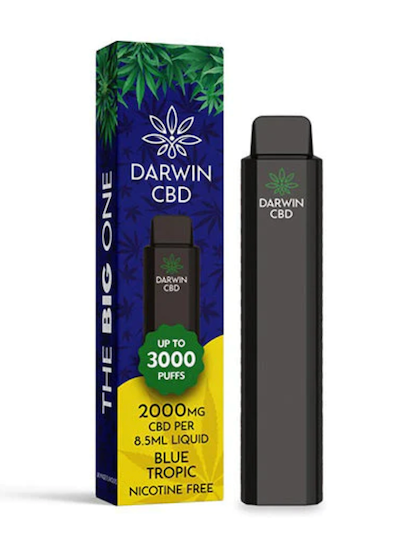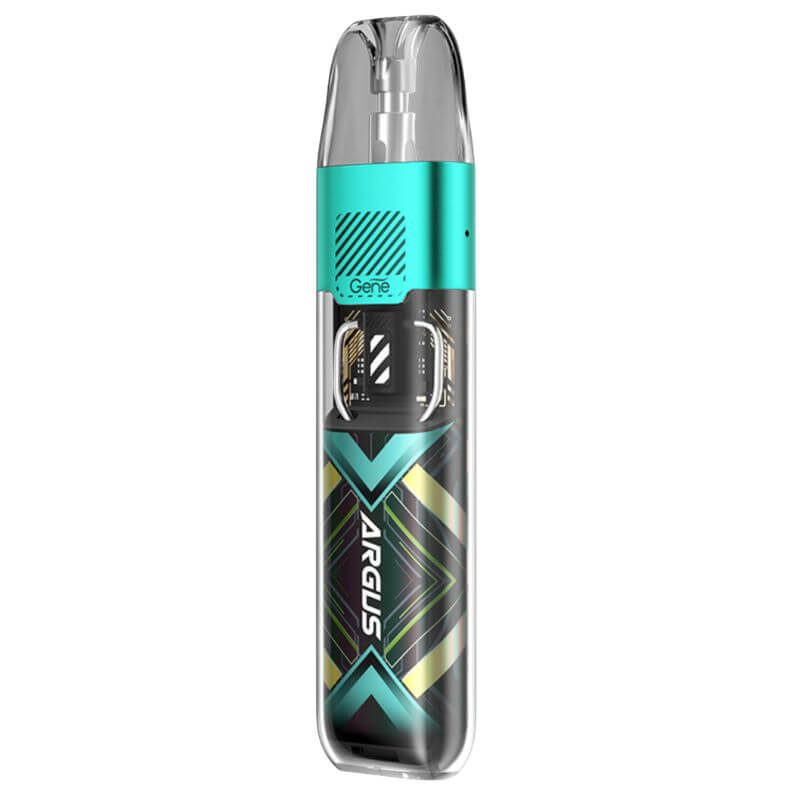
When To Take CBD Oil For Sleep? - 5 Powerful Tips
When to toake CBD Oil for Sleep? Journey with us as we explain how to get those restful nights and rejuvenated mornings with the optimal timing for taking CBD oil for sleep. To ensure you maximize the benefits of CBD for sleep and avoid potential setbacks, understanding when to incorporate it into your nighttime routine is crucial. As the effects of CBD vary from person to person, finding the right timing for your dose can make a significant difference in your sleep quality.
Whether you prefer sublingual oil, edibles, capsules, or inhalables, each method has a specific onset time that affects its effectiveness for promoting sleep. By taking the right form of CBD at the ideal moment before bedtime, you can harness its powerful potential to relax your mind and body, leading to a peaceful night's sleep. Dive in to discover the best practices on when to take CBD oil for sleep, ensuring you experience the full benefits of this natural remedy.
Key Takeaways:
- Timing is crucial: Take CBD oil sublingually 30 minutes before bed for quicker effects.
- Different delivery methods: Sublingual CBD works faster, while edibles and capsules take longer due to digestion.
- Dosage experimentation: Start with a low dose and adjust as needed based on your body weight and sleep issues.
- Consistency: Results with CBD for sleep require regular and consistent use over time.
- Consider full-spectrum CBD: Contains additional hemp compounds for enhanced benefits, especially for sleep.
- Entourage effect: Full-spectrum CBD offers a synergistic effect from various cannabinoids and terpenes.
- Consult with professionals: If in doubt about dosage, types, or timing, seek advice from healthcare providers or CBD experts.
1. Determine Personal Timing
While the general onset time for CBD oil to take effect is around 15-20 minutes, it is crucial to understand that this can vary from person to person. It is recommend to take CBD oil 30-60 minutes before you plan to go to sleep to ensure it has ample time to start working fully.
How you take CBD oil also plays a significant role in its onset time. If taken sublingually, under the tongue, CBD oil can start working in just 10-15 minutes. On the other hand, if added to food or drink, it may take 45 minutes to 1 hour to have an effect.
It's not just about when you take CBD oil; you must also consider how much to take, the type of CBD that suits you best, and the benefits and side effects of CBD for sleep.
When planning your optimal timing for taking CBD, keep in mind the following guidelines based on different delivery methods:
Sublingual CBD: Take it 30 minutes before bedtime to allow for quick absorption under the tongue.
CBD Gummies & Edibles: Consume them 45 minutes to 1 hour before sleep as they need to pass through the digestive system.
CBD Capsules: Ingest them 45 minutes to 1 hour before sleep for proper digestion before taking effect.
CBD Inhalables: Use CBD vapes or flower 10-15 minutes before bedtime for fast-acting results through the lungs.
Experimentation is key in finding your ideal CBD dosage for sleep. While some studies suggest 25mg per day can enhance sleep quality, others indicate higher doses (300-600mg) may be needed for sedative effects. To start, take a low-strength dose and increase as necessary.
Consistency is vital when using CBD for sleep, as it may take 1-2 weeks of regular use to see results. Remember that small doses of CBD may promote energy instead of sedation, especially in healthy adults.
When selecting the type of CBD for sleep, consider opting for full-spectrum CBD for its entourage effect, which combines various hemp compounds for maximum benefits. Broad-spectrum CBD is a good alternative if THC is a concern, while CBD isolate contains pure CBD for first-time users.
Bear in mind, CBD's benefits for sleep extend beyond relaxation, primarily targeting the underlying issues that disrupt sleep patterns. By understanding your personal timing and dosage needs, you can harness the full potential of CBD for a restful night's sleep.
2. Choose CBD Type
The type of CBD you choose can significantly impact its effectiveness for improving your sleep. There are three main types of CBD products available, each with its own unique composition and benefits.
Full-spectrum CBD: This type of CBD contains all the naturally occurring compounds found in the cannabis plant, including CBN, CBG, THC, CBC, and terpenes. Full-spectrum CBD products provide what is known as the entourage effect, where the compounds work together to enhance each other's benefits. This type of CBD is considered the most beneficial for sleep due to its comprehensive composition.
Broad-spectrum CBD: Broad-spectrum CBD is similar to full-spectrum CBD, but it does not contain THC. This type of CBD still contains a variety of cannabinoids and terpenes, offering many of the benefits of full-spectrum CBD without the risk of psychoactive effects from THC.
CBD isolate: CBD isolate is the purest form of CBD, containing only pure CBD without any other cannabinoids or terpenes. While CBD isolate lacks the entourage effect of full-spectrum and broad-spectrum CBD, it is still effective for promoting relaxation and sleep.
When choosing a CBD product for sleep, consider your preferences and any potential sensitivities you may have to THC. If you are comfortable with trace amounts of THC and want to experience the full benefits of the entourage effect, full-spectrum CBD may be the best choice for you. However, if you prefer to avoid THC entirely, broad-spectrum CBD is a suitable alternative. CBD isolate is a great option for those who are sensitive to other compounds and want a pure CBD experience.
3. Calculate Proper Dosage
Little is known about the ideal dosage of CBD for sleep, as it varies greatly depending on the individual and their specific needs. However, there are some general guidelines that can help you determine the proper dosage for you.
The ideal dose of CBD for sleep relies on several factors, including weight and the severity of your sleep issues. As a general rule of thumb, it is recommended to start with a low-strength dose and gradually increase it as needed.
One common recommendation is to calculate your nightly dose of CBD based on your body weight. To do this, simply multiply your body weight in pounds by 1.
It is important to keep in mind that consistency is key when it comes to using CBD for sleep. Most users report that it takes 1-2 weeks of consistent use to begin seeing results, as your body needs time to adjust to the effects of CBD.
Start with a low dose and monitor how your body responds. If you find that small doses of CBD promote energy rather than sedation, consider increasing your dosage or combining CBD with THC for a more relaxed effect.
Additionally, consider spreading out your CBD doses throughout the day rather than taking a large amount all at once. This can help address any mental or physical discomfort you may be experiencing and make it easier to sleep at night.
Remember that individual responses to CBD vary, so it may take some trial and error to find the optimal dosage that works best for you.
4. Establish Consistent Routine
If you are looking to harness the full potential of CBD oil for improving your sleep, consistency is key. Consistency in when you take your CBD oil can significantly impact its effectiveness. By establishing a consistent routine, you can maximize the benefits of CBD for sleep.
Ensure that you take your CBD oil at the same time each night, allowing ample time for it to take effect before you intend to go to bed. This consistency will help regulate your body's internal clock and optimize the soothing effects of CBD.
In addition to timing, it is also crucial to be consistent with the dosage of CBD oil you take. Start with a low dose and gradually increase it as needed to find the optimal amount for your body. Do not forget, the effects of CBD for sleep may vary from person to person, so finding the right dosage for you is crucial.
Consistency not only applies to when you take CBD oil but also to how you take it. Whether you choose sublingual, edibles, capsules, or inhalables, sticking to the same method of consumption can enhance the predictability of its effects on your sleep.
By establishing a consistent routine with your CBD oil intake, you can create a nightly ritual that prepares your mind and body for a restful night's sleep. Consistency breeds familiarity, and with time, you may find that CBD becomes an integral part of your bedtime routine, promoting relaxation and improving your overall sleep quality.
5. Assess Effects Regularly
Clearly, monitoring the effects of CBD oil on your sleep patterns is crucial. To ensure optimal results, it is vital to assess how your body responds to the dosage and timing of CBD intake regularly. This practice will help you make necessary adjustments to maximize the benefits of CBD for sleep.
Keep a sleep journal: One effective way to assess the effects of CBD on your sleep is to maintain a sleep journal. Record details such as the time you took the CBD, the dosage, how long it took to fall asleep, the quality of your sleep, and how you felt upon waking up. This information will provide valuable insights into how CBD is influencing your sleep patterns.
Consult with a healthcare professional: If you have persistent sleep issues or experience any concerning side effects while using CBD for sleep, it is advisable to seek guidance from a healthcare professional. They can offer personalized advice based on your specific needs and help you navigate any challenges you may encounter.
Experiment with different dosages and timings: Not all individuals respond the same way to CBD oil for sleep. Therefore, it may be necessary to experiment with varying dosages and timings to find what works best for you. Start with a low dose and gradually increase it while observing how your body reacts.
Consider other lifestyle factors: While CBD oil can have significant benefits for sleep, it is vital to remember that it is not a standalone solution. Factors such as diet, exercise, stress levels, and bedtime routine can also influence your sleep quality. Pay attention to these aspects and make adjustments as needed to create a holistic approach to improving your sleep.
Stay informed about the latest research: The field of CBD research is continuously evolving, with new studies shedding light on its effects on sleep and overall well-being. Stay informed about the latest findings and developments in CBD research to make informed decisions about your sleep routine.
By consistently assessing the effects of CBD oil on your sleep and making informed choices based on your observations, you can optimize your nighttime routine and enjoy the restorative benefits of quality sleep.
Conclusion
Taking this into account, it is crucial to consider the timing, dosage, and type of CBD when incorporating it into your nighttime routine for better sleep. CBD oil can take anywhere from 15-20 minutes to start working, so it is recommended to take it 30-60 minutes before bedtime. The way you take CBD, whether sublingually, in edibles, capsules, or inhalables, will also impact how quickly it begins to have an effect.
Furthermore, choosing the right type of CBD, such as full-spectrum, broad-spectrum, or isolate, can enhance the benefits you receive. Full-spectrum CBD, with its entourage effect, is often considered the best option for promoting restful sleep. By experimenting with timing, dosage, and type of CBD, you can optimize its potential benefits for improving your sleep quality.








